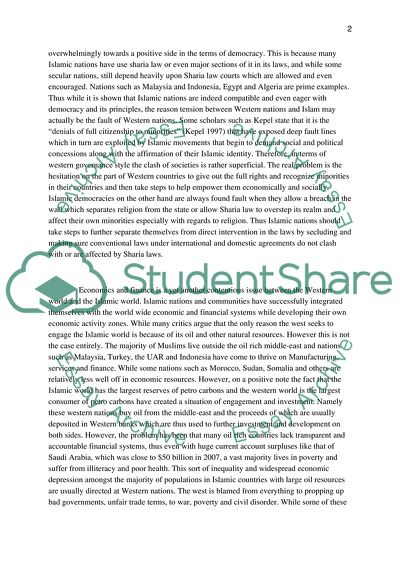Islamic World Essay Example | Topics and Well Written Essays - 2250 words - 6. https://studentshare.org/politics/1730787-political-science
Islamic World Essay Example | Topics and Well Written Essays - 2250 Words - 6. https://studentshare.org/politics/1730787-political-science.


